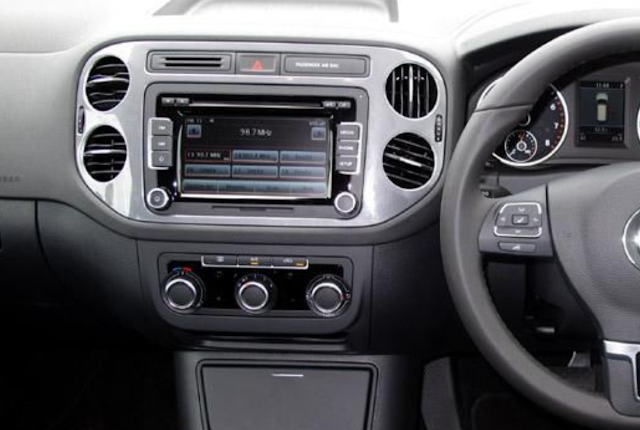How Minimizing Volume Can Make Your Car Audio Last Longer
 |
| "Replacing the head unit in European cars can be complicated." (Donny Apriliananda) |
In today's fast-paced world, taking care of your car goes beyond just regular maintenance. It extends to the accessories and devices that enhance your driving experience, such as your car audio system. Proper care and usage habits can significantly impact the longevity of your audio equipment. Tara, a sales representative at Kiki Rotary Motor located in Blok M, South Jakarta, sheds light on this important aspect. According to her, car owners should not only turn off the audio system before shutting down the engine but also lower the volume.
Protecting Your Car Audio System
The moment you start your engine, the audio system automatically powers up if you hadn't turned it off previously. This can have adverse effects on the components within the head unit, especially since the electrical current at the first ignition is often unstable. Moreover, when you start your car and the head unit comes alive with high volume settings, it can put unnecessary strain on the speakers. Suddenly blasting out loud sounds can cause the vibrating components, particularly the diaphragm, to lose their original position.
The Key to Longevity: Minimizing Volume First
Fortunately, there is a simple yet effective measure you can take to ensure your car audio system lasts longer. Before bringing your car to a stop, it's advisable to reduce the volume to a lower level and then turn off the head unit. By following this sequence, you allow the system to power down gracefully, preventing abrupt voltage fluctuations and protecting the sensitive components.
Why Does Lowering the Volume Matter?
Lowering the volume before shutting down the head unit serves multiple purposes. First and foremost, it helps in safeguarding the internal circuitry of the audio system, reducing the risk of sudden electrical surges that can potentially damage the delicate components. Furthermore, it prevents any sudden loud noises from affecting the speaker's lifespan. By gradually decreasing the volume, you allow the speaker's diaphragm to return to its original position smoothly, minimizing the wear and tear caused by abrupt changes.
Best Practices for Audio System Maintenance
While minimizing volume and turning off the head unit before stopping your car are essential steps in caring for your audio system, there are other practices you can adopt to ensure its longevity:
1. Regular Cleaning and Dust Removal: Dust and debris can accumulate on the speaker cones and other audio components over time, affecting sound quality. Regularly clean your audio system with a soft cloth to keep it free from dust and grime.
2. Avoid Extreme Temperature Exposure: High temperatures can degrade the performance of your audio system and lead to internal component damage. Similarly, extreme cold can cause materials to contract and potentially affect the overall sound quality. Park your car in shaded areas whenever possible to minimize temperature extremes.
3. Proper Speaker Wiring: Ensure that the speaker wires are securely connected and free from damage or wear. Loose or damaged wiring can impact audio quality and even cause intermittent sound issues.
4. Quality Audio Files: Whenever possible, use high-quality audio files to prevent distortion and enhance the overall listening experience. Compressed audio formats, such as MP3, may compromise sound quality, so consider using lossless formats like FLAC or WAV.
5. Scheduled Maintenance Checks: Regularly have your car's audio system inspected by a professional to identify any potential issues and address them promptly. A qualified technician can ensure that all components are functioning optimally and make any necessary adjustments or repairs.
Conclusion
Taking care of your car audio system is not only about enjoying high-quality sound but also about ensuring its longevity. By adopting simple habits such as minimizing volume before turning off the head unit, you can protect the components and maximize the lifespan of your audio system. Additionally, regular maintenance, proper cleaning, and using quality audio files contribute
to a better audio experience and prolong the life of your car's audio system. Remember, a little care and attention can go a long way in preserving the sound quality and durability of your car audio system.